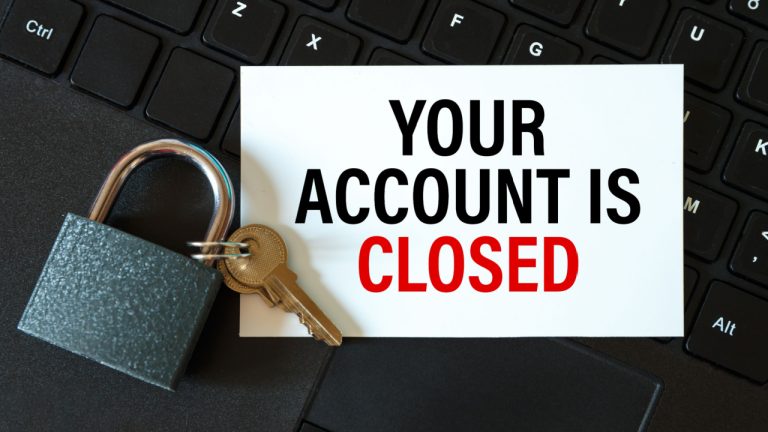
A Nigerian bank has reportedly blocked bank accounts belonging to some 500 digital asset traders. The affected accounts are said to have received a portion of the more than $10 million that was stolen from Access Bank by hackers between May and June this year. A prominent Nigerian crypto enthusiast and educator has described the alleged freezing of crypto traders’ bank accounts as “a disgrace to Nigeria’s banking infrastructure.”
Stolen Funds Used to Buy USDT
According to reports on social media, Nigeria’s Access Bank is said to be blocking accounts belonging to some 500 USDT traders. The bank is believed to have taken this step after it obtained a court order which enabled it to put a lien on all the crypto traders’ bank accounts.
The bank asserts that the affected traders’ accounts had received part of the funds which were stolen by hackers. As one social media user on X (formerly Twitter) explained, Access Bank is thought to have lost over $10.4 million or 8 billion naira between May and June this year. The user also suggested that the hackers had used part of the funds to buy tether from Binance USDT traders.
500 traders’ bank accounts reportedly blocked after h@ckers used the N8billion they st%le from a bank to buy USDT from them pic.twitter.com/8hxihynGF0
— Instablog9ja (@instablog9ja) October 22, 2023
Commenting on the reported freezing of accounts, Rume Ophi, the executive secretary of the Stakeholders in Blockchain Technology Association of Nigeria (SIBAN), described the alleged freezing of crypto traders’ bank accounts as “a disgrace to Nigeria’s banking infrastructure.” Ophi, who is also known as the Cryptopreacher, insisted that the move by Access Bank and others is intended to further undermine the Nigerian crypto industry.
Freezing Bank Accounts Is ‘Causing More Harm’
However, in written answers sent to Bitcoin.com, Ophi also offered his thoughts on what Nigerian authorities should do and what they must avoid doing.
“We need thorough investigations to apprehend the criminals, rather than resorting to the indiscriminate freezing of accounts belonging to innocent individuals involved in cryptocurrency transactions. This approach isn’t solving the problem; it’s only causing more harm,” the Cryptopreacher said.
As previously reported by Bitcoin.com News in August 2021, the Central Bank of Nigeria (CBN) has in the past forced banks to block accounts of individuals accused of using the banking system to facilitate crypto-related transactions.
Yet, despite the crackdown that saw several accounts belonging to crypto entities being closed in 2021, many digital asset traders seemingly continue to rely on the traditional banking system. This, in turn, has raised questions about banks’ role in enforcing the CBN’s February 2021 directive.
Register your email here to get a weekly update on African news sent to your inbox:
What are your thoughts on this story? Let us know what you think in the comments section below.
Comments
Post a Comment